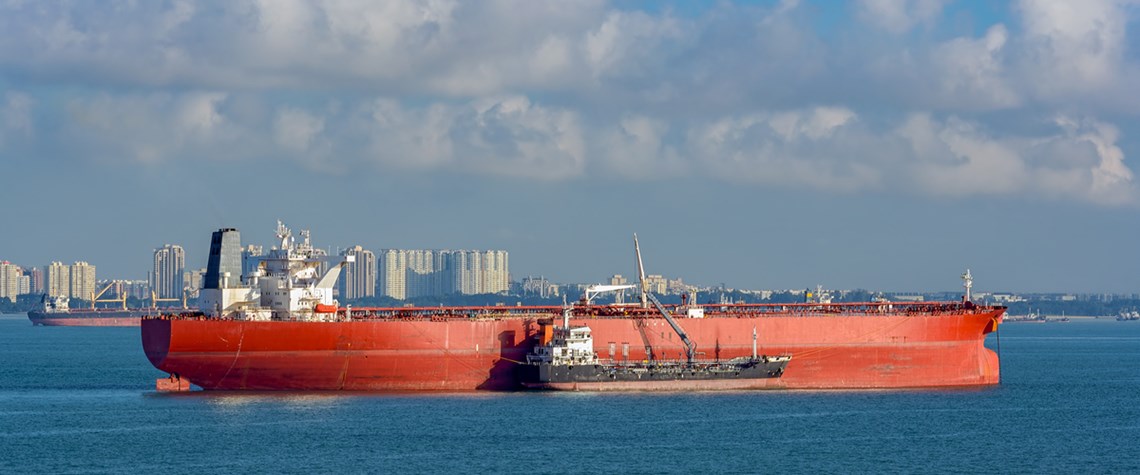More change ahead for the shipping sector
An unwinding of some Covid-related effects might challenge VLSFO’s initial IMO 2020 win
It is easy to overlook, amid the fallout from and response to Covid-19, the seismic shift that fundamentally altered the global bunker industry over the last year. At the beginning of January, the permissible sulphur content of marine fuels was lowered from 3.5pc to 0.5pc, a seemingly small regulatory change with lasting implications across multiple industries. IMO 2020, as the regulation is known, has forever transformed the global bunker market, although many of the more dire expectations surrounding the regulation have been temporarily blunted by the market reaction to Covid-19. One year after its rollout, the bunker market remains in a precarious position. The new sulphur standard has s

Also in this section
22 July 2025
The gas-hungry sector is set for rapid growth, and oil majors and some of the world’s largest LNG firms are investing in ammonia production and export facilities, though much depends on regulatory support
22 July 2025
Next year’s WPC Energy Congress taking place in April in Riyadh, Saudi Arabia will continue to promote the role of women in the energy sector, with a number of events focusing on the issue.
22 July 2025
Pedro Miras is the serving President of WPC Energy for the current cycle which will culminate with the 25th WPC Energy Congress in Riyadh, Saudi Arabia in April 2026. He has over 30 years of experience in the energy sector, including stints with Repsol and the IEA. Here he talks to Petroleum Economist about the challenges and opportunities the global energy sector currently faces.
17 July 2025
US downstream sector in key state feels the pain of high costs, an environmental squeeze and the effects of broader market trends








